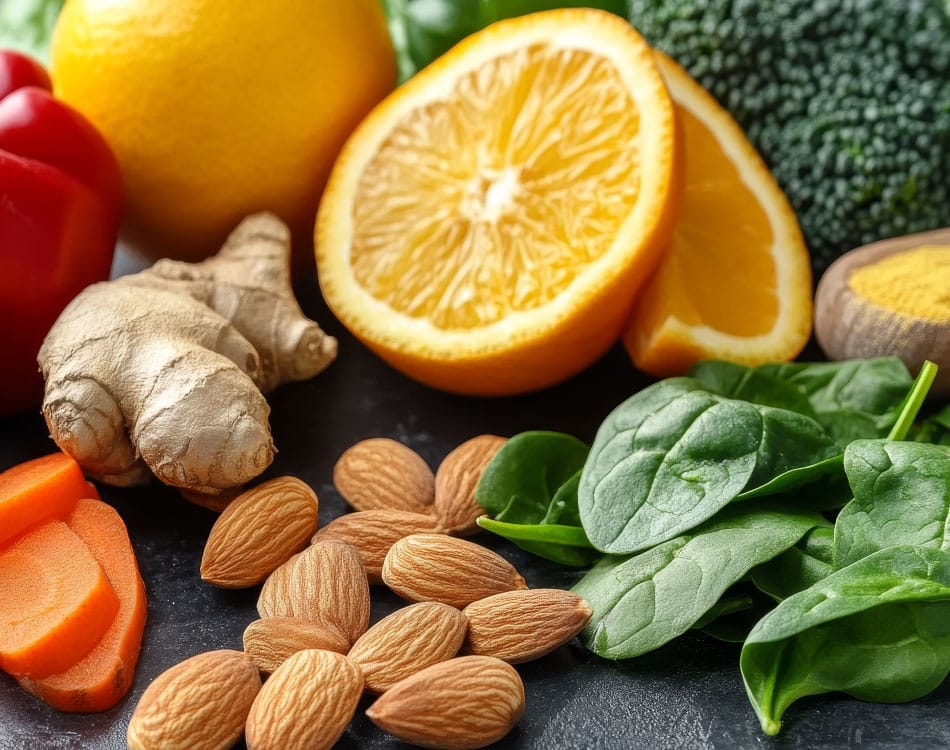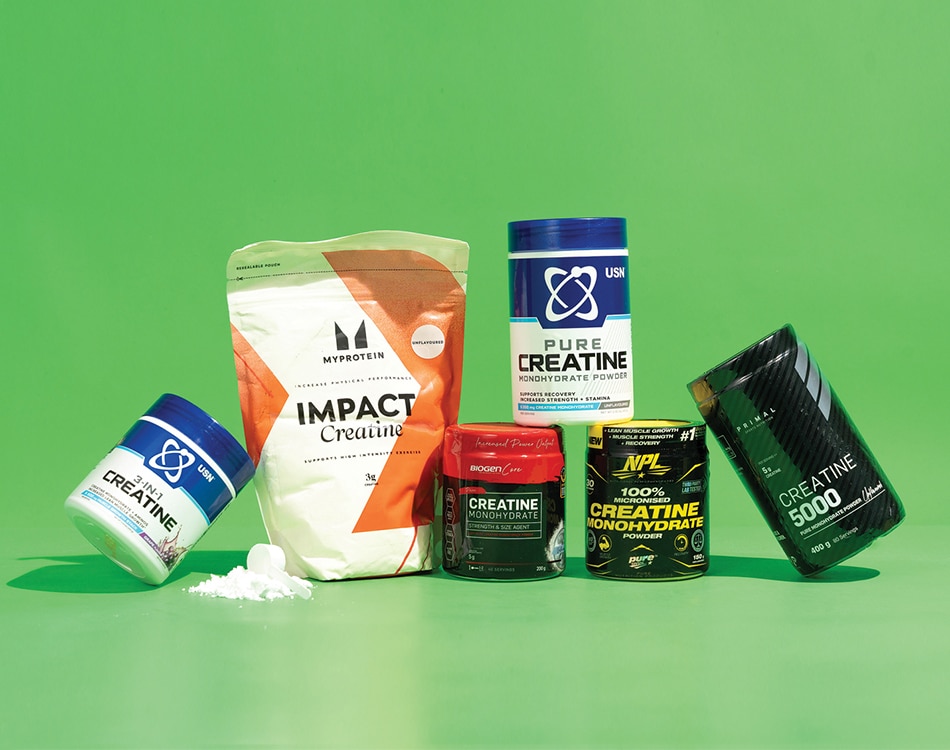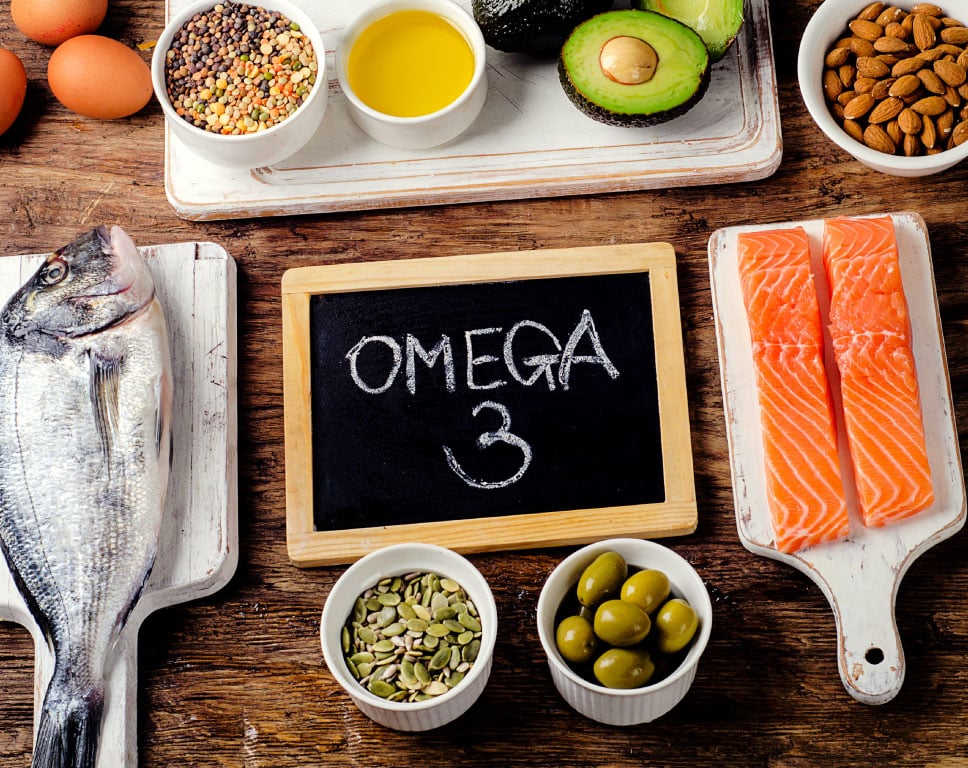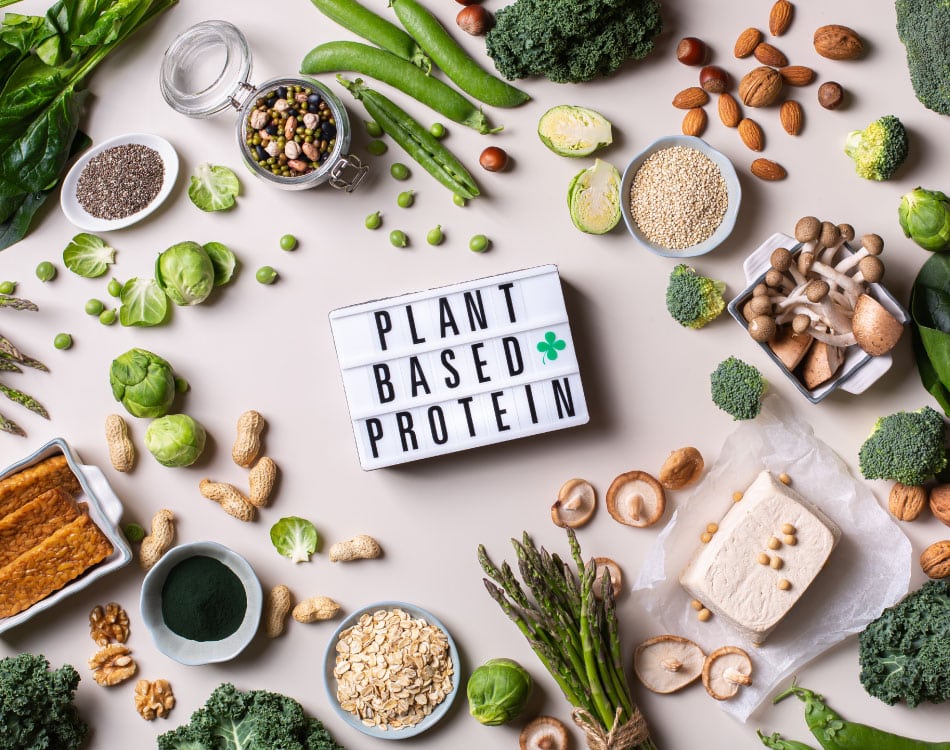There are billions on microorganisms that live within our body, which can directly impact our health and the way we feel and function.
Scientists have over the years managed to pinpoint some 10,000 distinct species of microorganisms that reside within our bodies, most of which live in our digestive tracts beyond the stomach – mainly in the intestines and colon.
Teeming with life
These microbes include potentially harmful viruses and fungi, as well as a range of bacteria species, some of which are ‘good’ and other’s that aren’t so helpful in our quest for optimal health.
Maintaining the right balance of gut bacteria within this environment, known as the microbiome – ‘micro’ meaning small, and ‘biome’ referring to a naturally-occurring community of flora occupying a large (relatively speaking) habitat – is linked to various aspects of our overall health and wellbeing.
This includes proper digestion and our immunity against cold, flu and other viruses. However, even an overabundance of one type of ‘good’ bacteria can potentially cause issues.
It’s what you put in
Gut microbiomes differ vastly from person to person – even identical twins don’t have the same microbiome.
That’s because these bacteria adapt and change in response to the environment we create for them through the food and liquid we ingest and the medication we take, as well as the environments in which we live as pollution, stress and a lack of sleep, can all impact our microbiome.
And a dysfunctional or unbalanced microbiome often sits at the root of poor health and various conditions, including frequent colds or infections and chronic fatigue.
Restoring microbial balance
The best way to counter an imbalance is to feed the ‘good’ bacteria with an abundance of the foods on which they love to feast. These are mainly fibrous vegetables such as leeks, celery, pears, bananas and apples.
Antioxidants called polyphenols, found mostly in foods such as fruits, vegetables, extra virgin oil and cocoa can also play a vital role in gut health.
You can also repopulate your gut with these beneficial bacteria by eating foods that contain them. For example, cultured vegetables like sauerkraut contain Lactobacillus Plantarum, a probiotic that helps regulate immunity and control inflammation in the gut. It also plays a role in preventing food allergies and helps the gut absorb certain nutrients.
And fermented dairy products such as yoghurt contain Lactobacillus acidophilus, which helps keep the balance between ‘good’ and ‘bad’ bacteria in check and also aids our immune response.
Supplements offer a focused approach
Taking a probiotic supplement, which enables you to more precisely target specific strains, can also be highly beneficial and effective at maintaining optimal gut health or addressing an imbalance.
This could include supplementing with probiotic products that deliver a high load of specific bacteria or combinations of various strains. Achieving the desired result is, therefore, best achieved in conjunction with a qualified medical practitioner or nutritional therapist.
And keep in mind that the converse also applies – eating too much processed food and ingredients like sugar feed the ‘bad’ bacteria and can result in an overgrowth.
Similarly, supplementing in excess with a single strain can also create an imbalance in your microbiome. This can lead to conditions such as candida, irritable bowel syndrome, intestinal disorders and even intense cravings for sugar and carbs.
Give your gut extra support
You can lend additional support to those beneficial probiotics by upping your intake of prebiotics and digestive enzymes.
Probiotics feed on prebiotic fibre, which helps them thrive, while digestive enzymes from fortified supplements or standalone digestive enzyme products support our natural production (which takes place in the pancreas) and adds to those enzymes ingested from the natural living food we eat.
These enzymes help our guts break down food into smaller parts that the ‘good’ bacteria can feed on and digest to achieve optimal gut health and general wellbeing.















